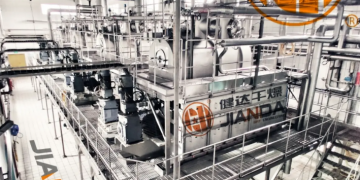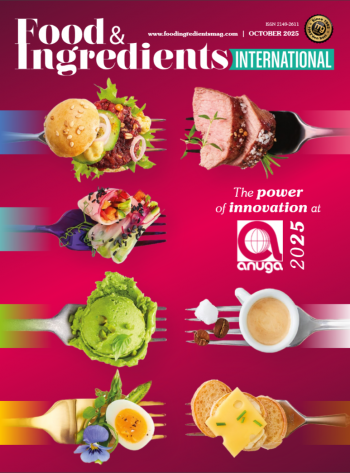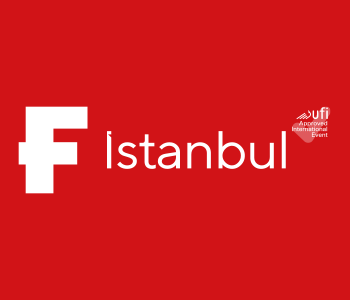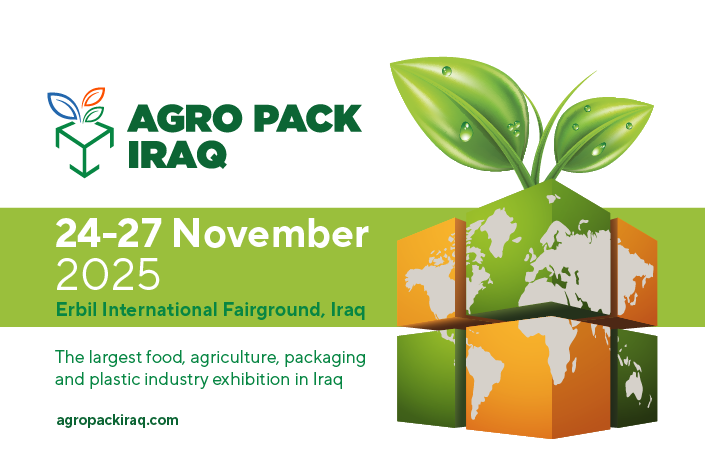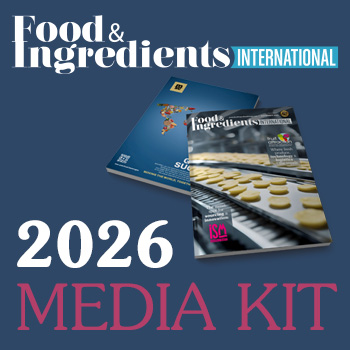A record of nearly 1,200 submissions were received this year from scientists, engineers, entrepreneurs, and multidisciplinary teams around the world. To incentivize at levels ranging from idea generation to development and scale-up, the Challenge offers three levels of awards: Seed Grant, Growth Grant, and Seeding The Future Grand Prize. Eight Seed Grant winners, each receiving $25,000, were revealed in May 2025. Two Seeding The Future Grand Prize winners each receive $250,000, while three Growth Grant winners receive $100,000 each.
“Congratulations to our Grand Prize and Growth Grant winners of this year’s Seeding The Future Global Food System Challenge! It is highly inspiring to see the impactful and innovative solutions developed by these dedicated teams, each addressing critical aspects of food systems around the world. Our annual Challenge continues to incentivize innovations that impact food systems globally with the goal of providing equitable access to safe, nutritious, trusted, affordable and appealing food and improving the health of people and the environment. This year’s winning solutions are great examples of what the Challenge stands for. We are honored to recognize the winners for their transformative and impactful work and are incredibly grateful for the tireless efforts and good work of all Challenge participants,” said Bernhard van Lengerich, PhD, founder of the Seeding The Future Foundation.
Here are the winners for the Seeding The Future Grand Prize:
- Oorja Development Solutions Limited: Scaling Climate-Smart Farming Solutions: Bundling Pay-Per-Use Irrigation with Sustainable Advisory Services for Smallholders (India). Oorja provides a Pay-Per-Use farm-based service package to smallholder farmer in India, including water pumps powered by decentralized solar energy. Oorja’s comprehensive package also includes soil testing, seed supply, on-site training in sustainable practices, and a mobile app.
- Savory Institute: KENYA MARA Regenerating Traditional Foods, Lands & Livelihoods through Maasai Conservancies (United States). Savory Institute’s Kenya MARA program helps Maasai herders graze their livestock on nature conservancies, supporting land regeneration and their traditional animal-based diet.
Here are the 2024 Growth Grant winners:
- Council of Scientific and Industrial Research Institute – Savanah Agricultural Research Institute (CSIR-SARI): Developing an NIR Tool for Rapid Screening of Aflatoxin-Resistant Groundnuts to Combat Aflatoxin Contamination (Ghana). The Savanna Agricultural Research Institute’s goal is to use near-infrared technology (NIR) tool to identify aflatoxin contamination in peanuts and reduce it with two naturally occurring antifungal metabolites found in peanut seed coats. This two-pronged approach is a sustainable solution to farmers in Sub-Saharan Africa, especially northern Ghana.
- Toothpick Company Limited.: Breakthrough Bioherbicide Technology Improves Food and Economic Security for Small-scale Farmers (Kenya). Toothpick Project produces an innovative bioherbicide from fungus to protect crops in Kenya, Uganda, Ethiopia and Ghana from Striga witchweed, a devastating pest for small-scale farmers. This safe and affordable herbicide is applied as a seed coating to restore crop yield.
- Yayasan Kopernik: PANGAN Program: Revitalizing Indigenous Farming and Building a Sustainable Food System for a Climate-resistant Bioeconomy and Community (Indonesia). The PANGAN Program addresses food insecurity in West Timor by revitalizing indigenous farming practices, including promoting diverse and nutritious local food. PANGAN’s next phase pilots Local Food Hub, a scalable model connecting farmers and micro-agribusiness produce to local markets, building community and improving access to nutritious food.
All Challenge winners, finalists and semi-finalists earn a spot in the Seeding The Future Global Food System Impact Innovators Database and Network. This peer-reviewed dynamic and interactive database is of particular interest to the investor community as well as intergovernmental organizations such as the Food and Agriculture Organization of the United Nations or globally operating philanthropic organizations. It enables either AI-assisted or filter-based searches to find innovations and organizations that focus on specific food and agriculture issues; sustainable development goals; planetary health factors such as greenhouse gas emissions, water, land use or biodiversity; as well as field of application such as post-harvest loss reduction, school feeding programs, or biofortification.






